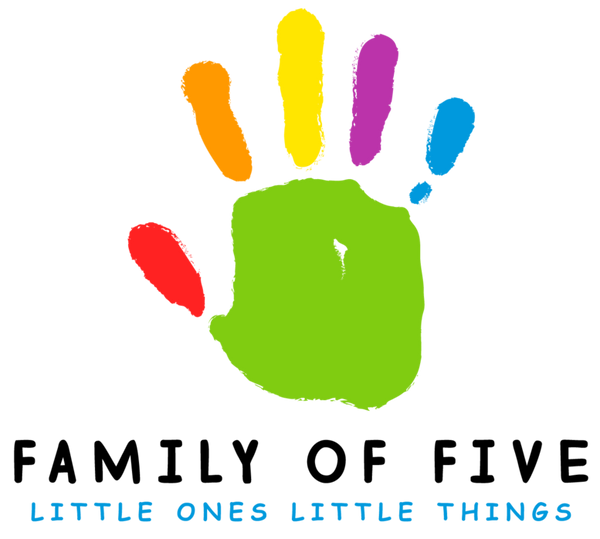The Role of Wooden Toys in Early Childhood Education
Share
As proud owners of a wooden toy store, we understand the importance of providing children with high-quality, educational play experiences. In today's fast-paced, technology-driven world, wooden toys have become a timeless classic that can offer numerous benefits to children during their early years. In this blog, we will explore the vital role wooden toys play in early childhood education and how they can help shape young minds.
Wooden Toys Role in Early Childhood Education
Promoting Sensory Development
Wooden toys naturally engage a child's senses, allowing them to develop their tactile, visual, and auditory skills. The unique textures, natural colours, and subtle sounds produced by wooden toys provide sensory-rich experiences that are essential for a child's overall development.
Encouraging Fine Motor Skills and Hand-Eye Coordination
Wooden toys often require precise movements, such as stacking blocks, fitting puzzle pieces together, or lacing beads. These activities help children develop fine motor skills and hand-eye coordination, which are crucial for their future success in school and everyday life.
Enhancing Cognitive Skills and Problem-Solving Abilities
Wooden toys, such as puzzles, sorting games, and construction sets, can help children improve their cognitive skills and problem-solving abilities. By engaging with these toys, children learn how to think critically, make decisions, and find creative solutions to challenges.
Fostering Imaginative Play and Creativity
One of the most significant benefits of wooden toys is their ability to inspire imaginative play and creativity. Unlike electronic toys, wooden toys don't have a predetermined play pattern, allowing children to use their imagination and create their own stories and scenarios. This kind of play is crucial for developing a child's creativity, language skills, and social-emotional development.
Supporting Social and Emotional Growth
Wooden toys can also play a significant role in promoting social and emotional growth in children. Playing with others using wooden toys encourages communication, cooperation, and empathy. Children learn to share, take turns, and understand the emotions and perspectives of others, which are essential skills for building healthy relationships later in life.
Encouraging Sustainability and Eco-Friendliness
Wooden toys are not only beneficial for children's development but also for the environment. Made from renewable resources, wooden toys are biodegradable and have a lower carbon footprint than their plastic counterparts. By choosing wooden toys, you are teaching your children the importance of sustainability and eco-friendly practices.
Conclusion
The role of wooden toys in early childhood education is invaluable. They offer a wide range of developmental benefits, from promoting sensory development and fine motor skills to fostering creativity and social-emotional growth. By incorporating wooden toys into your child's playtime, you are providing them with an enriching and educational experience that will help shape their future. Visit our wooden toy store to find high-quality, eco-friendly toys that your child will love and cherish for years to come.
